I’ll be your mirror :
Alick Phiri x William Matlala
During the last decade of Apartheid, William Matlala (SA, 1957) made photographs of and for the people around him.
Initially this provided him with extra income. From the late 1980s onward it became his profession.
During th 1990s Matlala documented the labour movement extensively. Matlala lives and works in Johannesburg .
He is an external advisor to students at WITS University, and still a practicing documentary and reportage photographer.
While initially educated as a photographer,
Andrea Stultiens (NL, 1974) currently is artistic researcher and educator interested in images and imaginations of 'Africa',
which she investigates in long-term and collaborative projects. Stultiens and lives and works in Kampala (UG) and Rotterdam (NL).
She teaches at the Royal Academy of Art in The Hague (NL).
Alick Phiri (b. 1948) Umvurwi, Zimbabwe is a Zambian photographer.
In 1965, at the age of 17, he learnt photography at Lusaka’s Photo Art Studios on Cairo Road.
Phiri was the youngest studio assistant and was trained in photography and film development by the studio’s owner, Mr. Prabhubhai Patel.
About twenty years later, in 1983, Phiri launched his own studio called Kwacha Photo Studio in Kanyama, Lusaka.
Phiri is one of the few surviving black Zambian photographers who is professionally trained and was practising from the 1960s through the 1990s in Lusaka,
a profession that was barely accessible to most Zambians at the time.
He photographed people outside their homes, with their families, or in the street.
As a result, his photographic archive is a rare insight of the everyday experience of people in the city.
It bears witness to Lusaka’s past and is a testament to the relevance of the photographic medium within Zambia’s geographical, historical and social context.
Through this exhibition, Phiri makes a public debut of his signature street photographs made in Lusaka, spotlighting the credibility and viewership of his work,
as well as ensuring a reputable showcase of his archive, perhaps more pertinent now than ever.
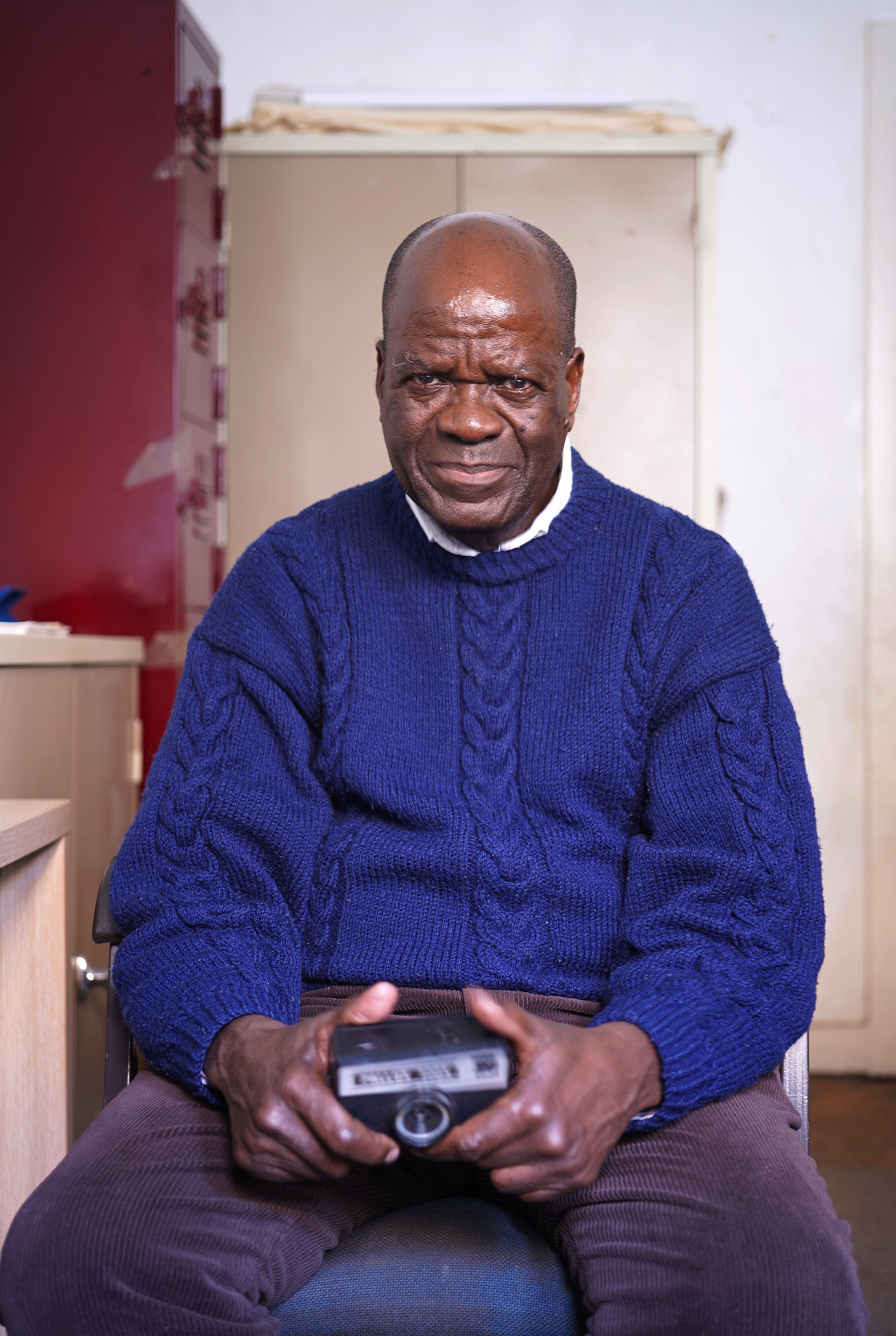
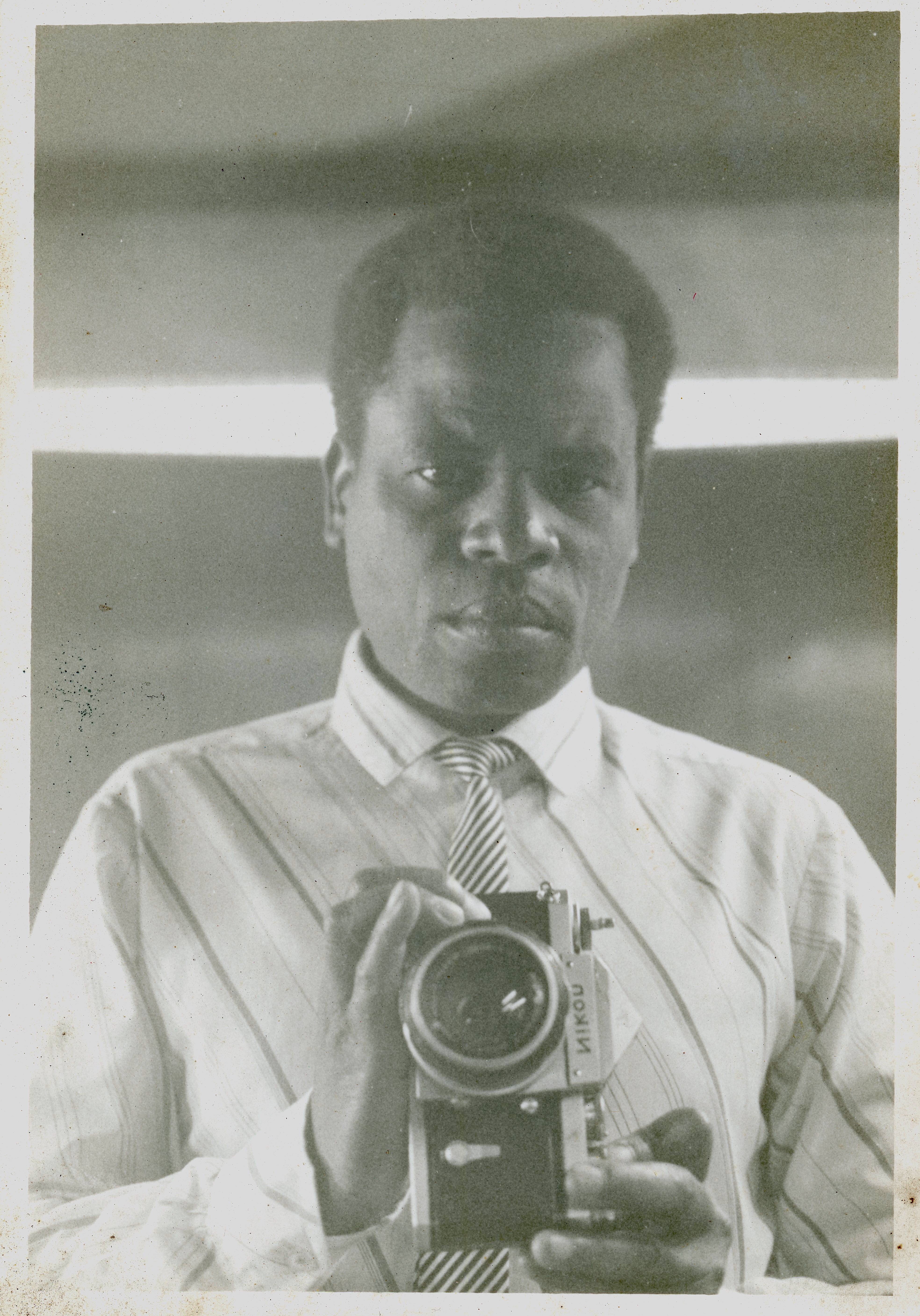
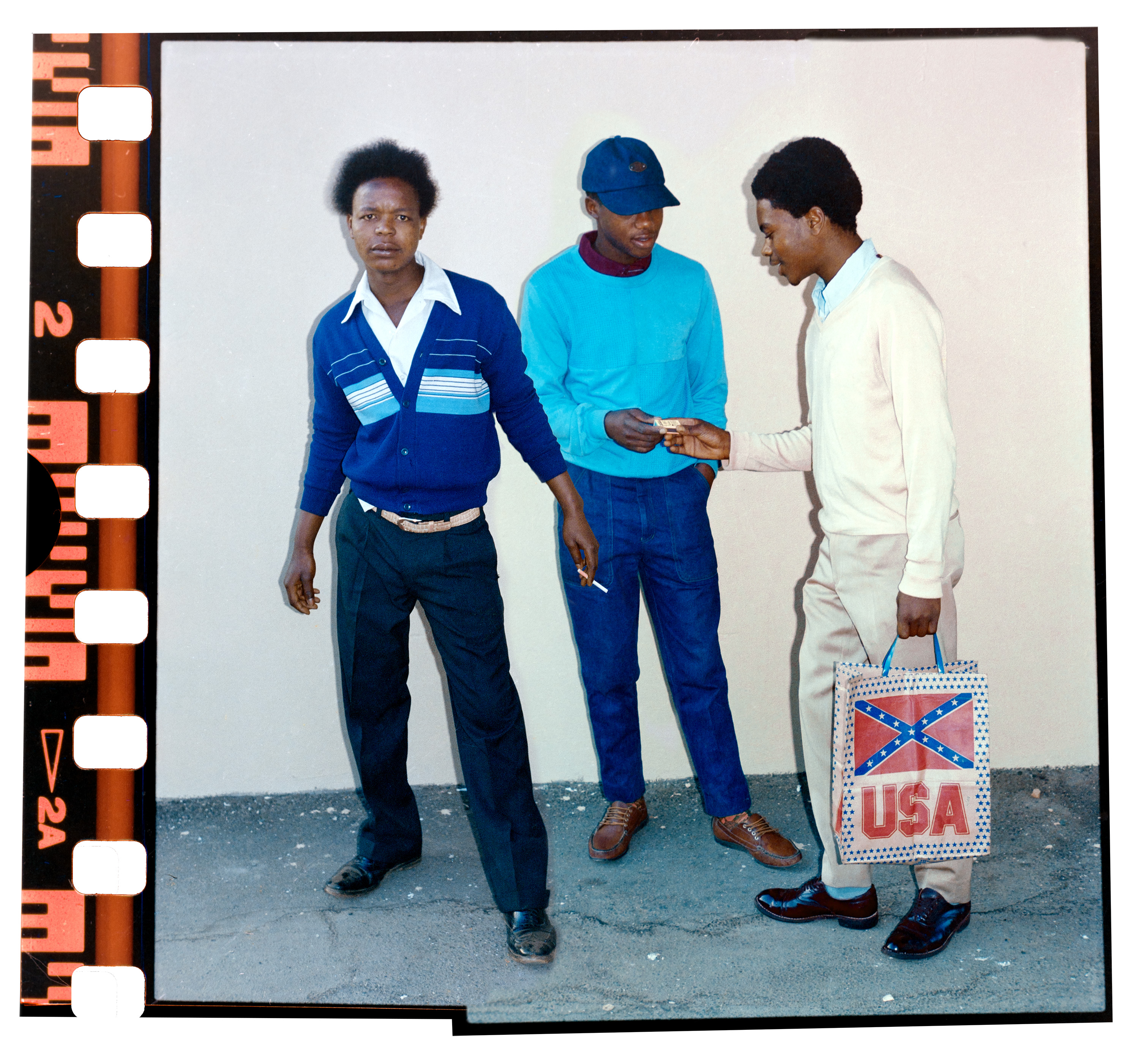
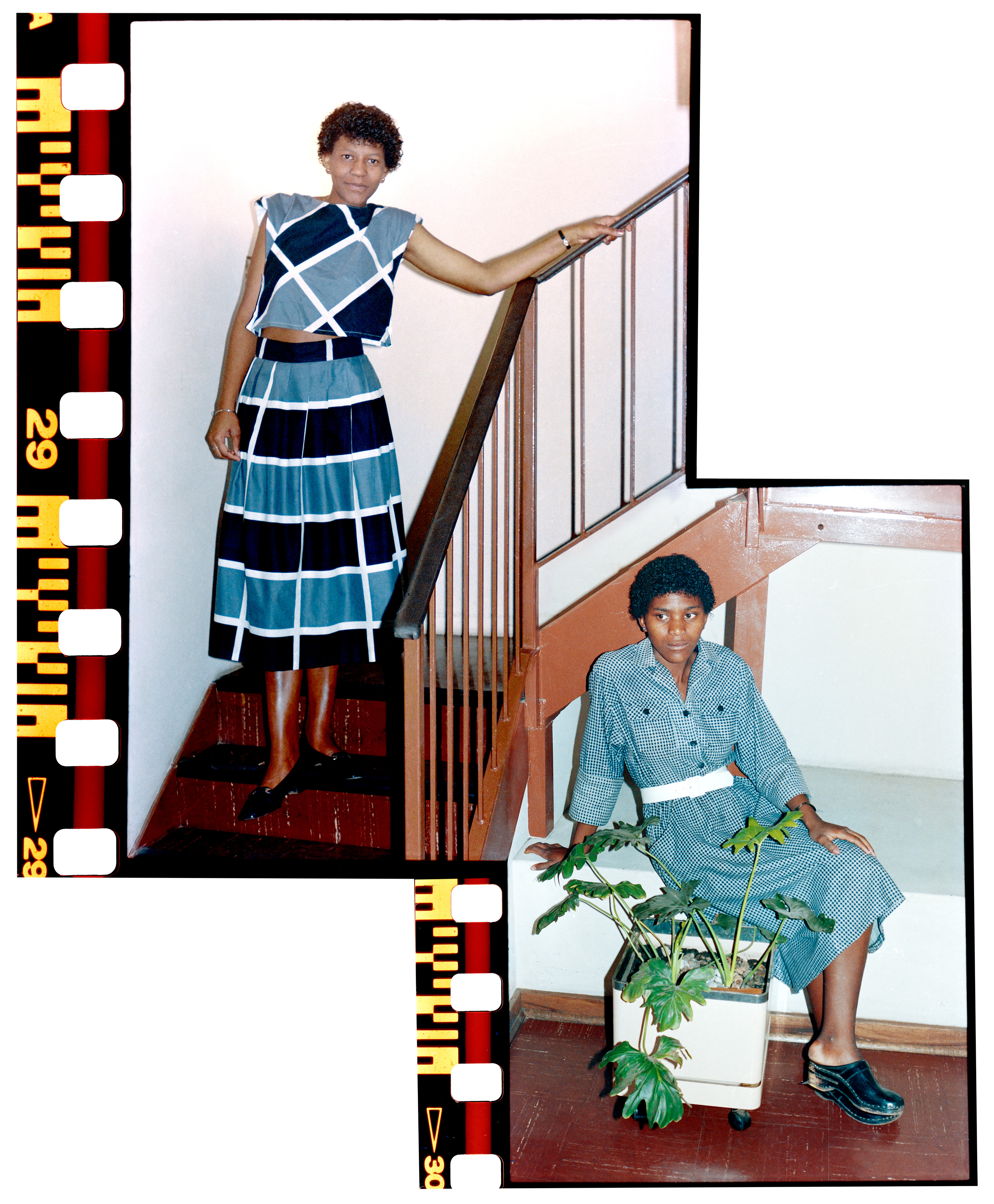

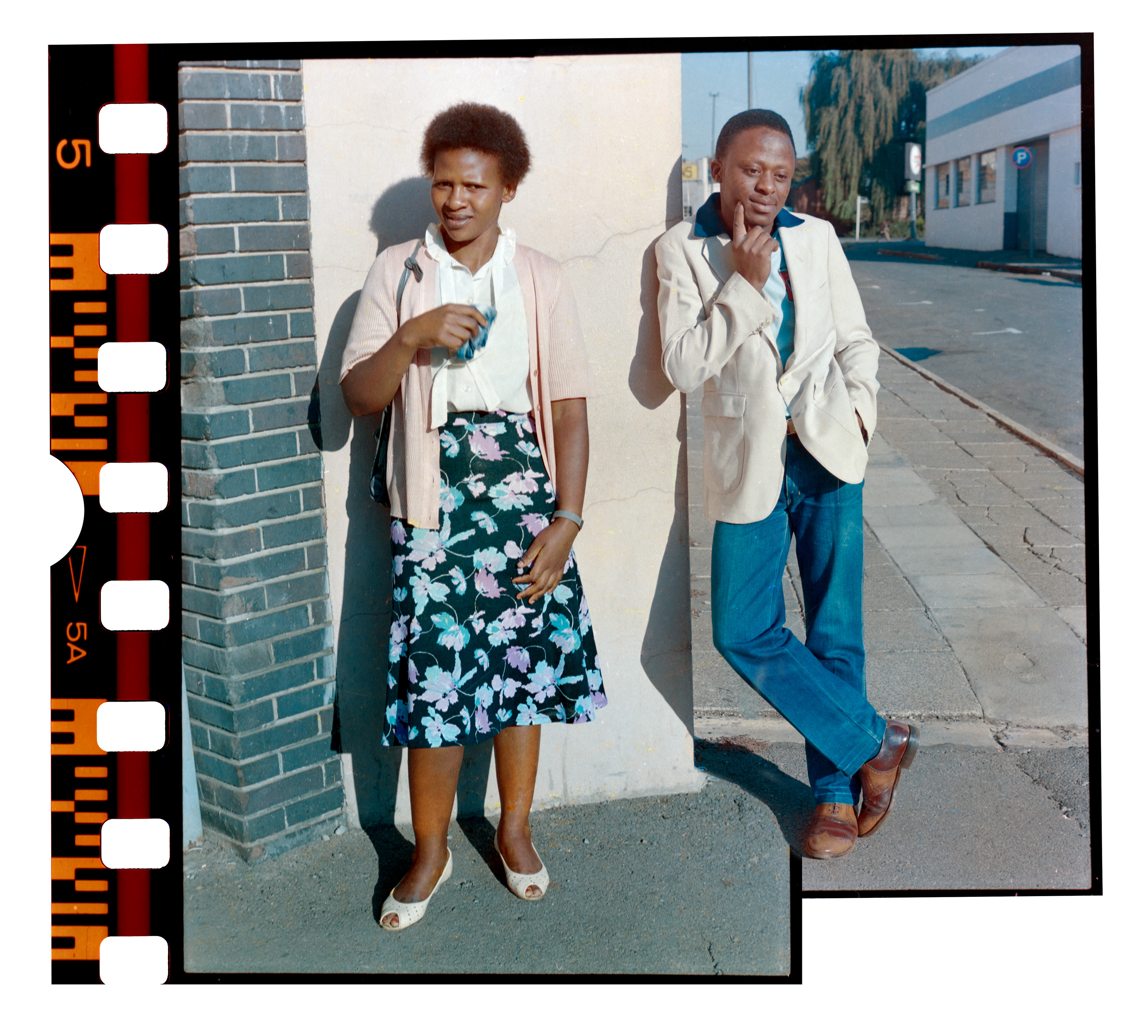
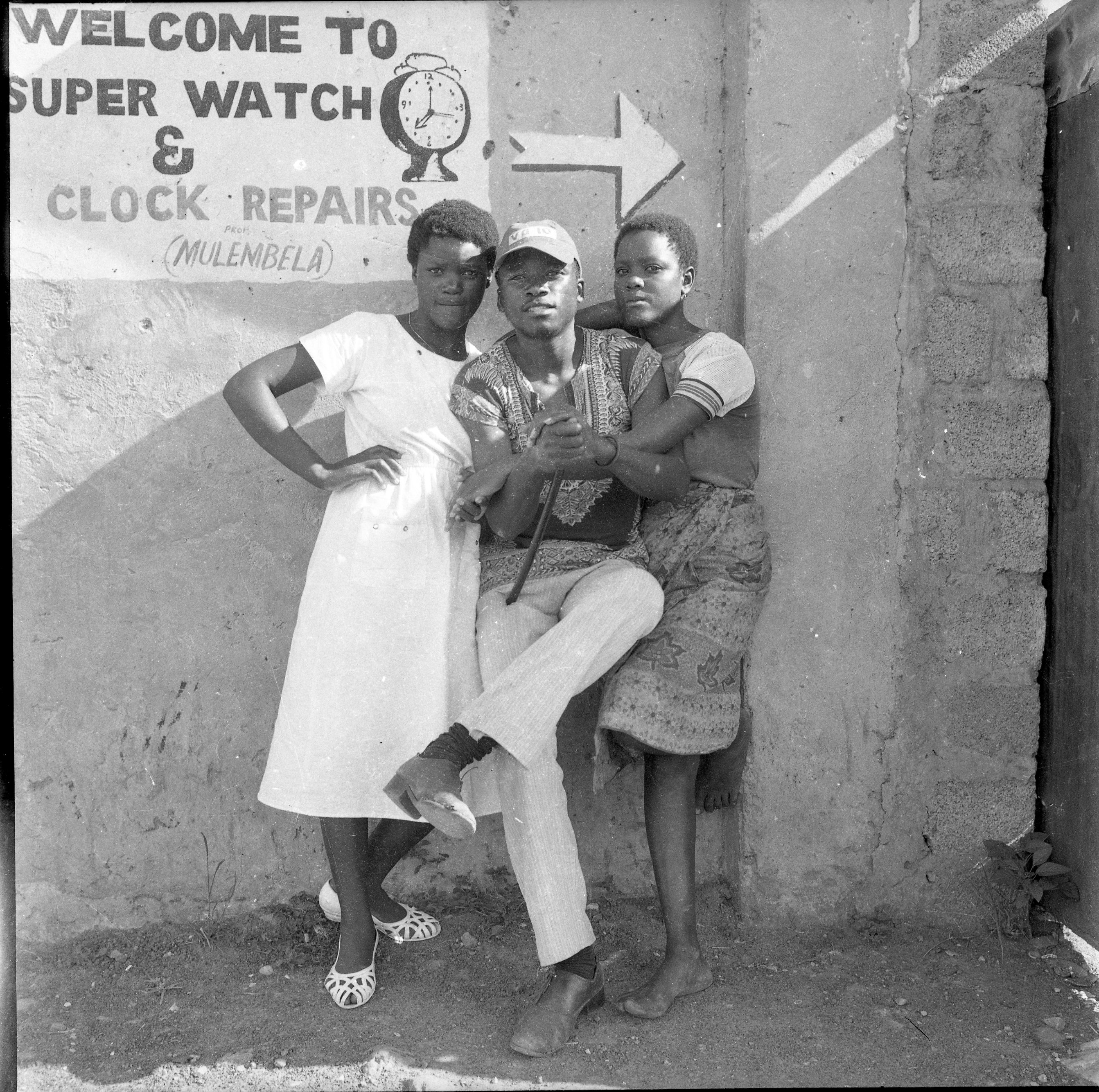

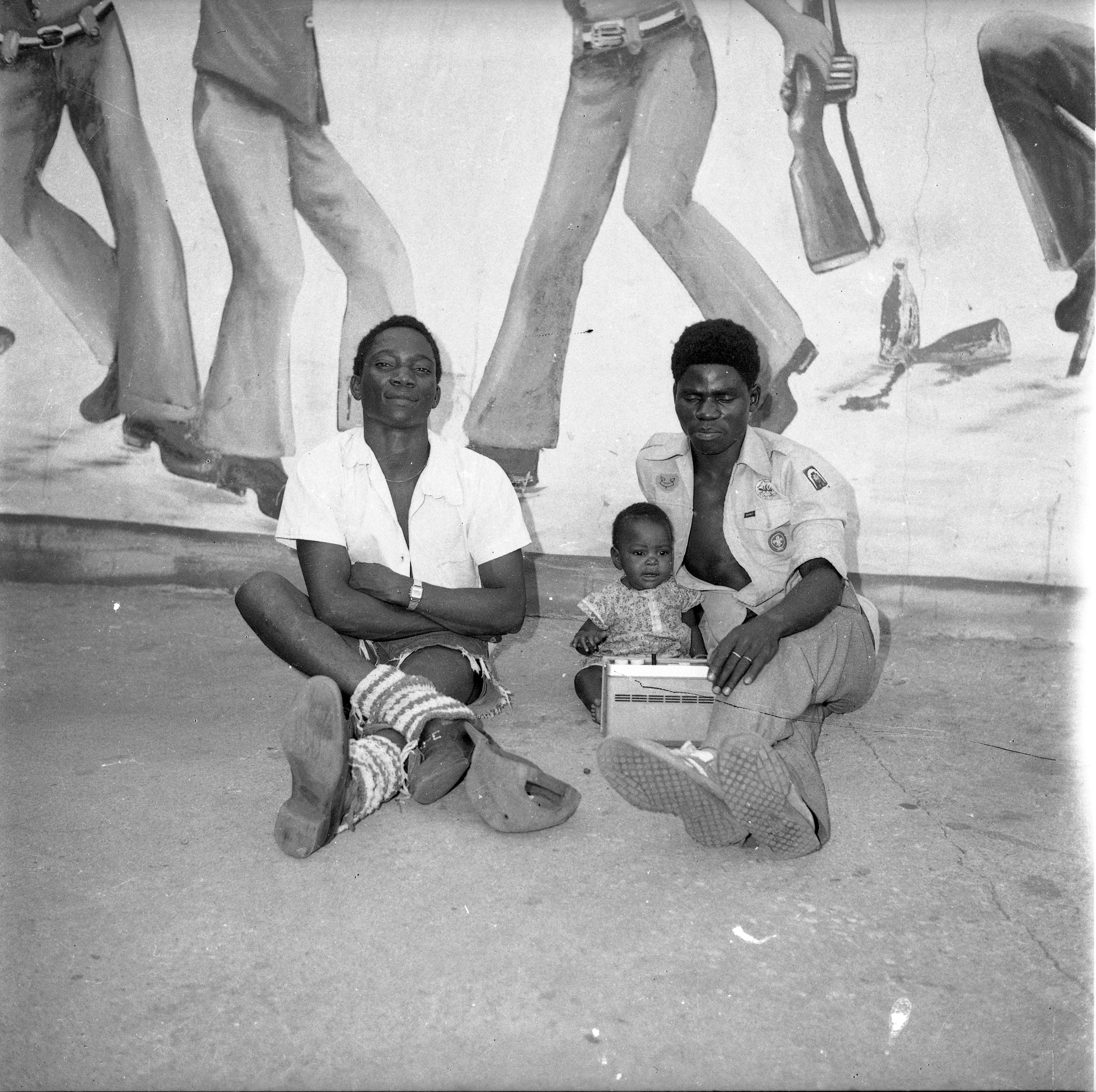
All photographs on this web page are the exclusive property of William Matlala and Alick Phiri and are protected by copyright laws.
Unauthorized use, reproduction, or distribution of these images without explicit written permission is strictly Prohibited.